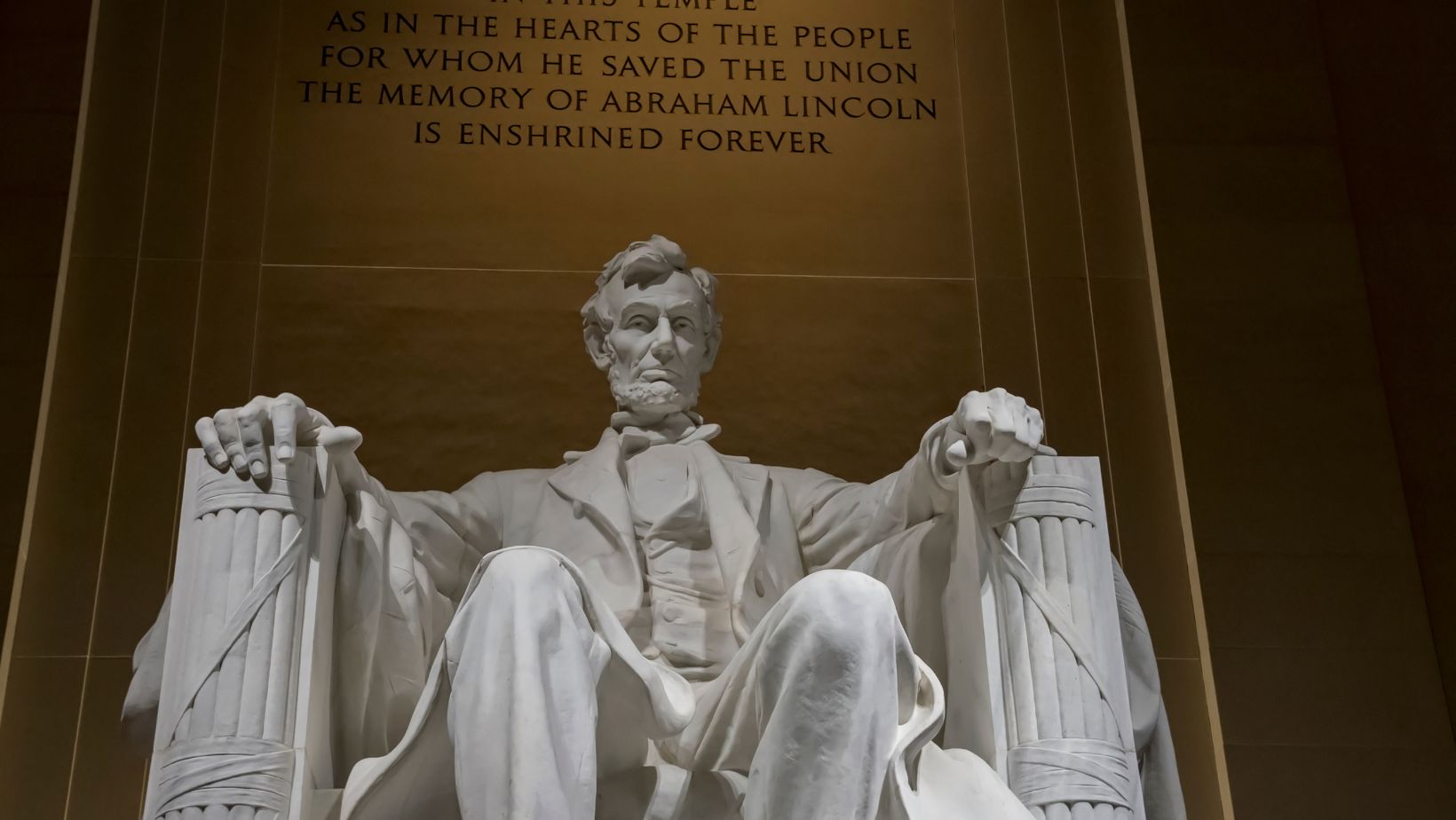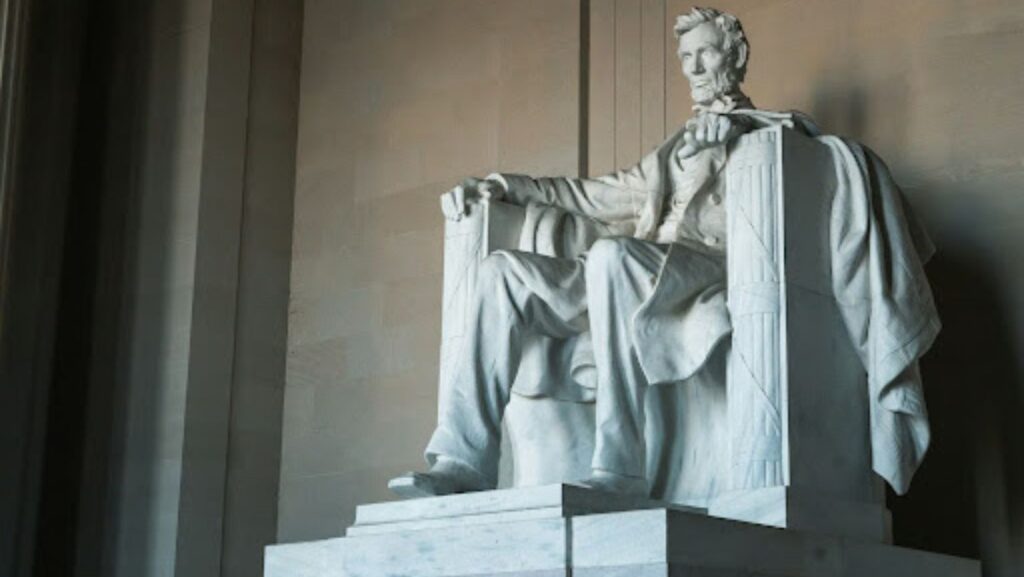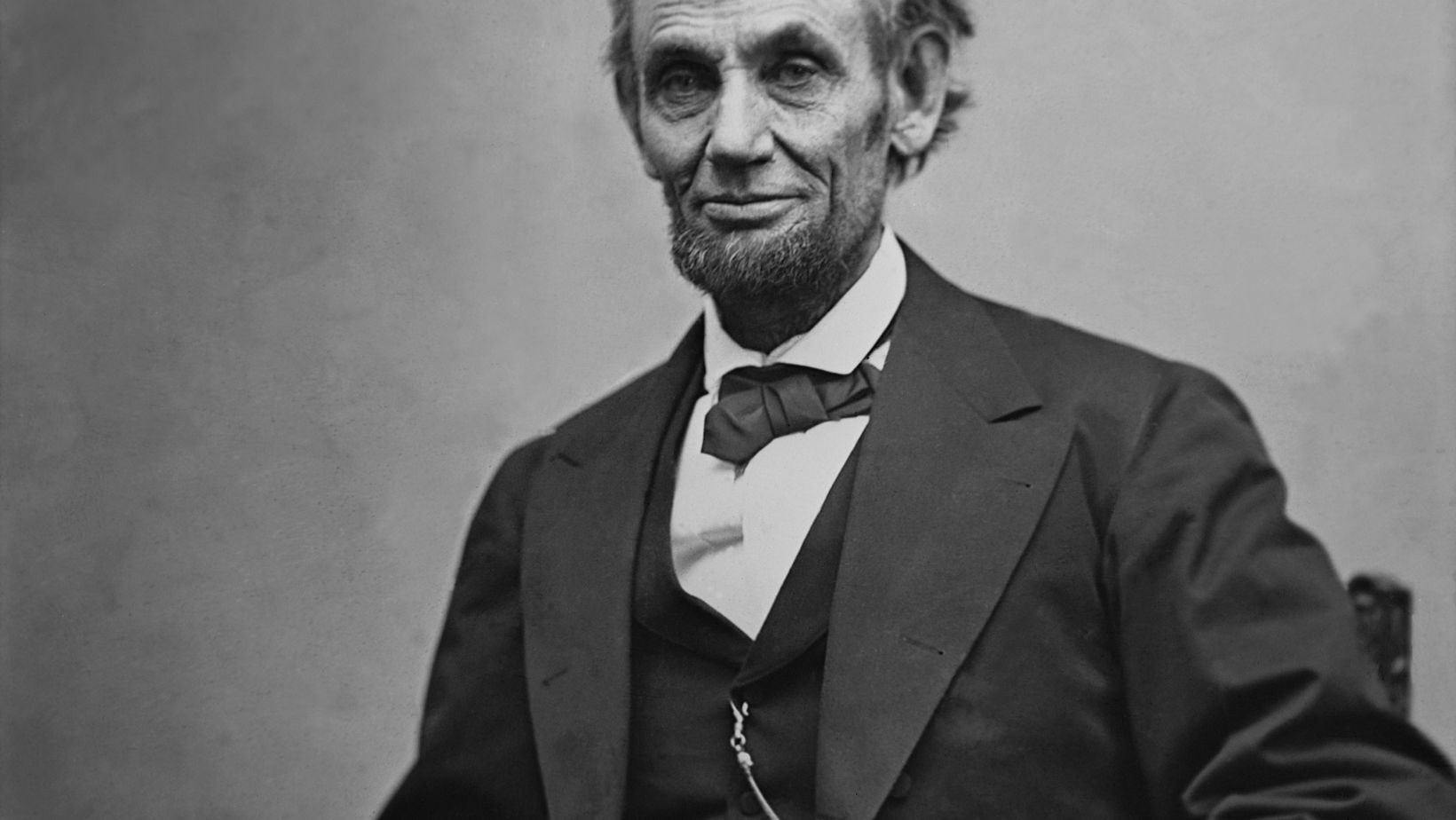Abraham Lincoln’s Birthday is an important holiday in American history, dedicated to honoring the life and legacy of one of the most influential presidents of the United States.
Lincoln led the nation through its Civil War, preserved the Union, and took significant steps toward abolishing slavery. His birthday has long been celebrated, though its observance has evolved. Understanding when Lincoln’s birthday is and how it is commemorated can provide valuable insight into the lasting impact of his presidency.
The Official Date: February 12
Abraham Lincoln was born on February 12, 1809, in a log cabin in Hardin County (now LaRue County), Kentucky. His humble beginnings and self-taught education eventually propelled him to become the 16th president of the United States. Lincoln’s leadership during the Civil War and his role in emancipating enslaved people through the Emancipation Proclamation marked key moments in U.S. history, making his birthday a significant occasion for reflection and remembrance.
Lincoln’s Birthday Celebration
Abraham Lincoln’s Birthday has been recognized in the United States since the late 19th century. After his tragic assassination in 1865, many states began to recognize February 12 as a day to honor his contributions to the nation. In the years following his death, Lincoln became a symbol of national unity and liberty, and his birthday was marked with speeches, memorials, and events across the country.

By the early 1900s, Lincoln’s Birthday had become an established holiday in many states, with schools, government offices, and civic organizations holding observances. The holiday gained further prominence after the establishment of Lincoln Day dinners, an event that became a popular tradition in political circles.
In 1968, the Uniform Monday Holiday Act was passed, which moved several holidays to specific Mondays to provide Americans with more three-day weekends. The law included Washington’s Birthday, which was moved to the third Monday in February, and it essentially combined the observance of Washington’s Birthday and Lincoln’s Birthday into Presidents’ Day — a holiday celebrating all U.S. presidents, including Lincoln, and the perfect time to honor your country by wearing an army or navy hat.
As a result, Lincoln’s Birthday is no longer a widely observed official holiday, though some states and regions still maintain separate recognition of February 12 as a special day for Lincoln.
When Is Lincoln’s Birthday Observed Today?
While Lincoln’s actual birthday falls on February 12, the observance of this day has become less standardized since the passage of the Uniform Monday Holiday Act. Presidents’ Day, which takes place on the third Monday of February, is now the most widely recognized celebration of both George Washington and Abraham Lincoln.
However, some states continue to observe Lincoln’s Birthday separately, especially those in the North, where Lincoln is often considered an especially influential figure due to his leadership during the Civil War. States such as Illinois, Lincoln’s home state, still mark February 12 as an official holiday, with events that honor the president’s legacy.
Other states, like California, New York, and Missouri, also observe Lincoln’s Birthday, though the level of recognition may vary. In these states, public schools, museums, and historical societies might host events or special exhibitions focusing on Lincoln’s role in the Civil War and his lasting influence on American society.
Abraham Lincoln’s Legacy
Abraham Lincoln’s presidency, particularly his leadership during the Civil War and his efforts to end slavery, significantly affected the United States and the world. Lincoln’s Gettysburg Address, delivered in 1863, remains one of the most famous speeches in American history, emphasizing the importance of equality, liberty, and national unity.
One of Lincoln’s most significant achievements was his role in issuing the Emancipation Proclamation, which declared that all enslaved people in Confederate-held territories were free. This pivotal moment marked a turning point in the Civil War, giving the Union cause a moral foundation and accelerating the end of slavery in the United States. Lincoln’s commitment to the passage of the 13th Amendment in 1865, formally abolishing slavery across the country, cemented his legacy as a champion of human rights and freedom.
Beyond his stance on slavery, Lincoln is revered for his vision of a united nation. Throughout the Civil War, he focused on preserving the Union at all costs, making difficult decisions, and enduring personal hardship. Lincoln’s leadership and ability to maintain the nation’s integrity during one of its most trying periods ensured that his memory would continue to shape U.S. politics and culture for generations.
Celebrating Our 16th President
Abraham Lincoln’s Birthday, celebrated on February 12, is a time to honor the remarkable life and legacy of the 16th president of the United States.
Though it is no longer as widely observed as it once was, the impact of Lincoln’s presidency continues to be felt in the nation’s ongoing pursuit of equality, freedom, and unity. Whether through state observances, historical commemorations, or educational programs, Lincoln’s birthday remains an important occasion for remembering his pivotal role in shaping American history.

